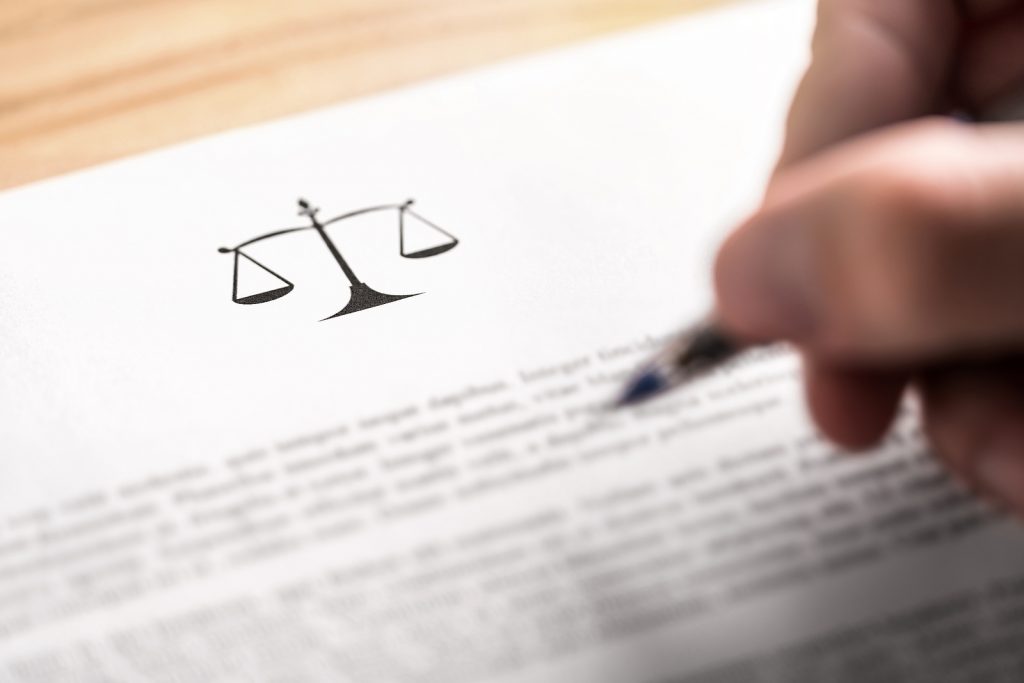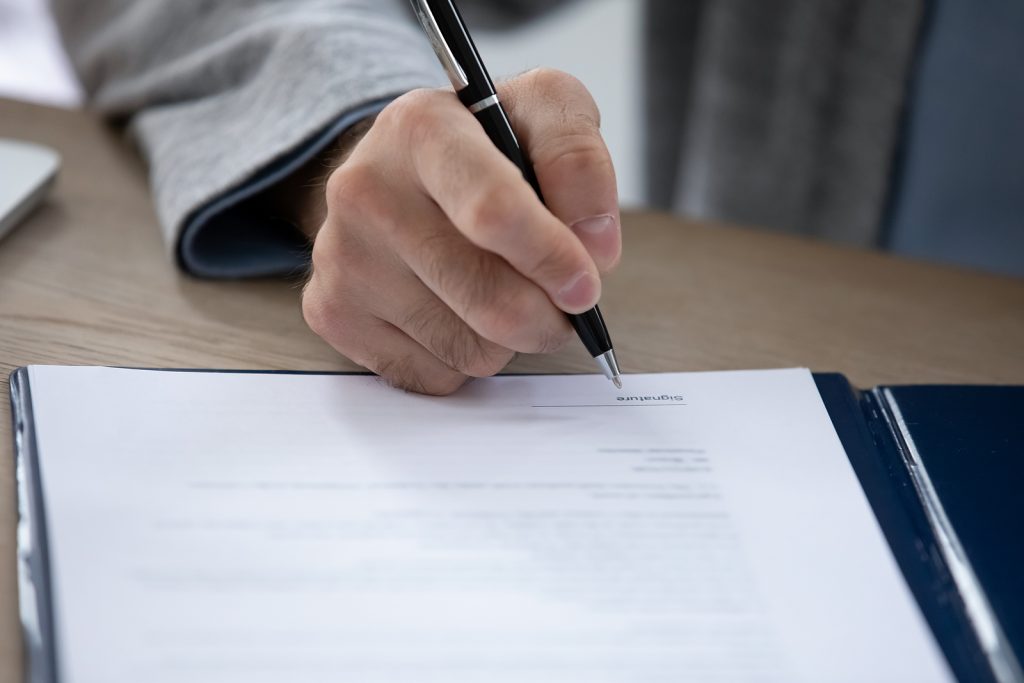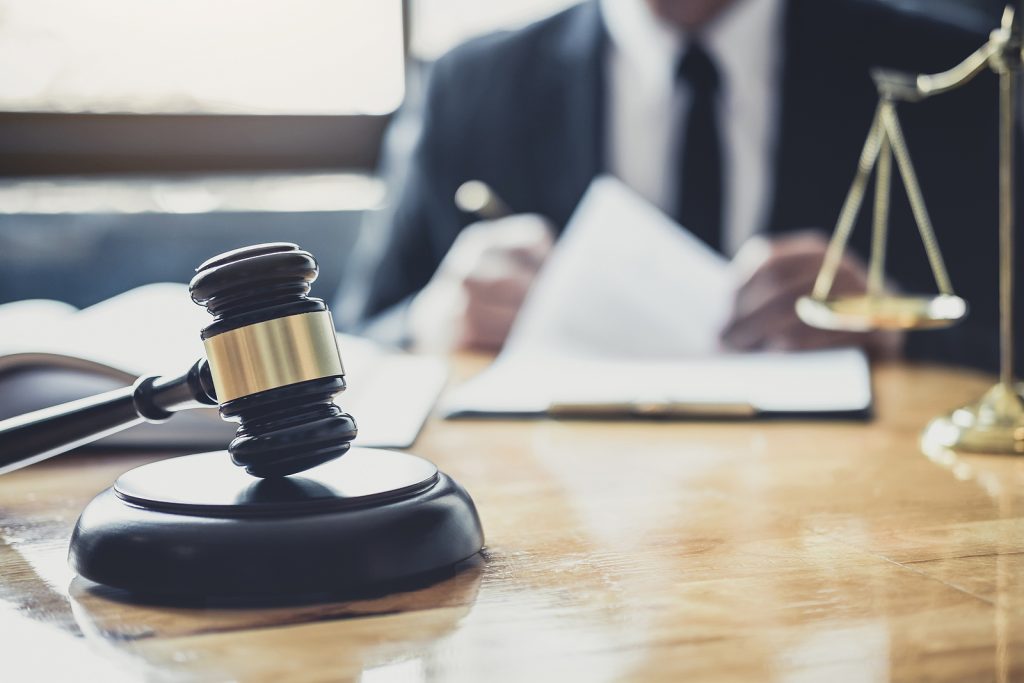Licensing agreements and other legal tools generally enable businesses to earn revenue, but a patent infringement claim can bring everything to a sudden halt. Most initial claims of patent infringement come via a cease-and-desist letter from a law firm or a more heavy-handed federal filing in a California federal district court. A more subtle overture might come via an offer to license the relevant intellectual property, which is how the filing party affirms that a business was given a clear chance to legally license the intellectual property.
First steps to defend infringement claims
Whenever a dispute arises over intellectual property, the first step is to fully research its ownership via the federal patent and trademark office. The federal office will have a fully detailed account of the legal owners, which can help to determine the accusing party’s relationship and whether or not the claim is valid. If a business is served with a legal summons, the owner needs to respond prior to the deadline or risk having a default judgment entered against the business.
Understand the risk
An intellectual property case can have a devastating effect that wipes out an allegedly offending business, or it might just trigger a business agreement that makes its use legal going forward. The extent of the danger comes down to the validity of the filing party’s claim and the extent of damages sought. Many such cases often end up settled outside of the courtroom after the two sides have entered their legal arguments, which can greatly clarify the issue or issues that triggered the dispute.
Preserve relevant information
Both sides must provide detailed documentation to back their respective arguments. This includes documentation that must be provided via the discovery process. Any failure to protect and preserve relevant information and provide it as needed will reflect poorly on that party and could lead to a bad outcome. Any workers who are using or otherwise have access to relevant information should take steps to preserve it.
An attorney who is experienced in intellectual property business law cases may help determine the potential risk. An attorney may also help clients reach the best possible outcome when a claim arises.





